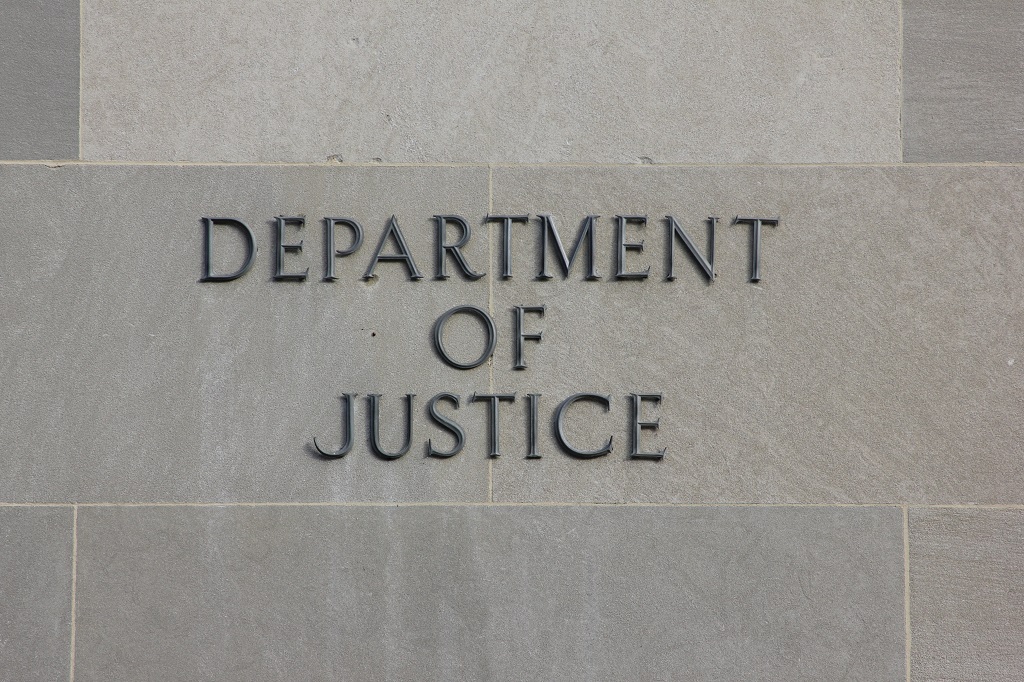berg80
Diamond Member
- Oct 28, 2017
- 18,891
- 15,947
- 2,320
You have conflated the OLC's highly questionable policy guideline that a sitting prez can't be prosecuted while in office with a misconception about the degree to which the prez controls the DoJ. Traditionally, the DoJ has maintain necessary independence from the President. Until Trump that is.Haha the president runs the DOJ and fbi. The president can’t be prosecuted by them
What an idiotic comment
For those who believe in a unitary executive, DOJ/FBI independence is a constitutional solecism. On this view, Article II vests the “executive power” in the President alone, and he alone wields it. That means that the President can do what he likes with his Executive branch subordinates—hire them, fire them, ignore them, order them to act in certain ways, and the like. The presidential authority to direct and control an administration is especially clear with respect to law enforcement and national security, the story goes, since the President himself has a constitutional duty to “take Care that the Laws be faithfully executed,” and is the “Commander in Chief.”
This is a nice theory. Sometimes (though not often) I wish that it were so. But the theory has been repudiated in law, and especially in practice, for a long time. There are far too many examples to cover, but here are a few relevant ones. The President can generally fire his political appointees at will, though the Supreme Court has long upheld certain statutory limitations on the President’s removal power (including in the context of the Clinton-era independent counsel statute). The FBI Director’s ten-year term—through which Congress signaled that the Director has independence from electoral politics—raises the political stakes for a President who fires an FBI Director mid-term, as President Trump learned last year. And career civil servants below these senior political appointees (like just-retired FBI Deputy Director Andrew McCabe) have extensive legal protections against presidential firing.
Those are the main “legal” guarantees of DOJ/FBI independence. They are very few, and they are not the most important. The most important guarantees of DOJ/FBI come not from the Constitution or statutes, but from norms and practices that since Watergate have emerged within the Executive branch.
Every presidency since Watergate has embraced policies for preserving DOJ and FBI independence from the President in certain law enforcement and intelligence matters. These internal regulations and memoranda, and the norms they foster, acknowledge the President’s ultimate power and responsibility for law enforcement and intelligence while at the same time recognizing that in certain matters, the Executive branch needs internal divisions of authority that achieve a type of independence from presidential control. One example is the restrictions that every administration from Carter to Trump has placed on communications between DOJ (including the FBI) and the White House concerning law enforcement investigations and other matters. Another is the Special Counsel regulations that govern Special Counsel Robert Mueller’s conduct and termination.

Independence and Accountability at the Department of Justice
Over the weekend some conservative commentators pushed back on my tweet-claim that President Trump has “threaten[ed] DOJ/FBI over and over in gross violation of independence

